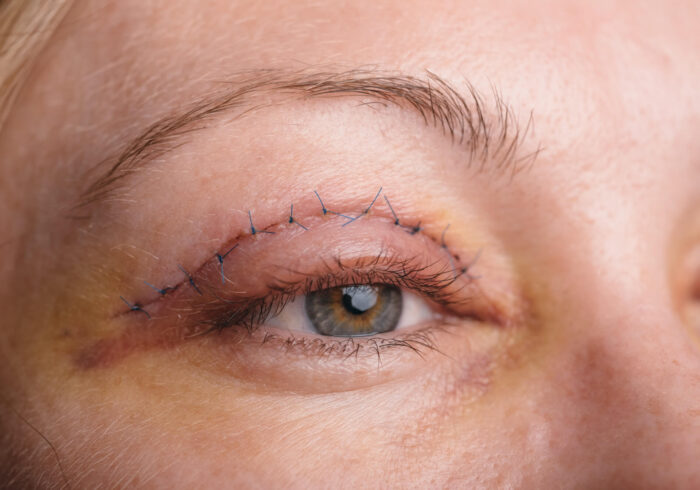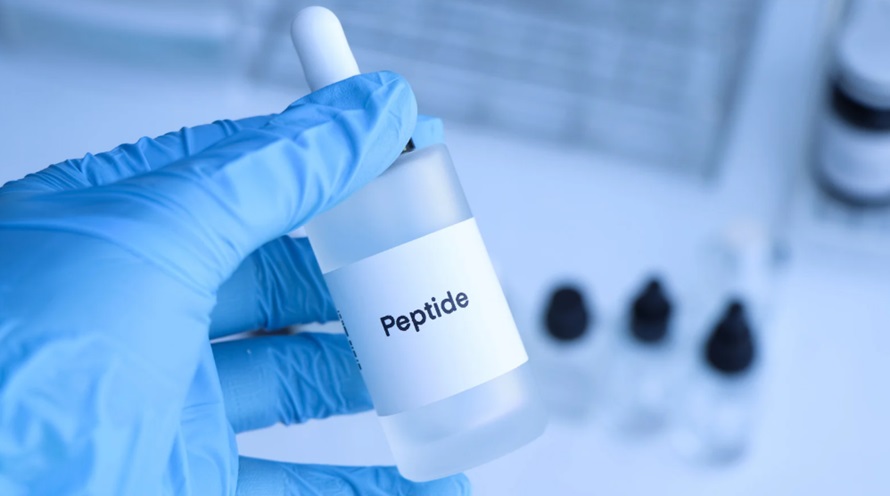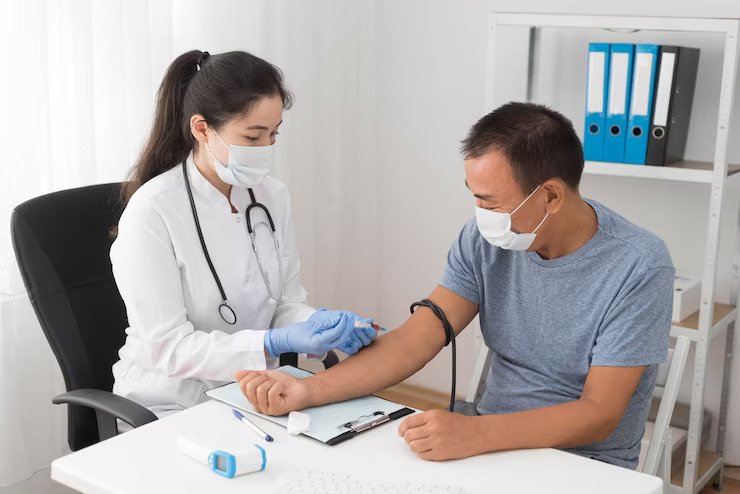A change in your skin is the main sign of skin cancer. This can be a growth, a wound that isn’t healing, or a mole that has changed. Skin tumor have various appearances.
If you have any doubts, visit Northstar Dermatology in Fort Worth and get your skin screened. Skin cancer screenings Fort Worth are important for early detection and prevention of skin cancer.
What skin cancer screening is?
Cancer screening involves the proactive examination for signs of cancer even before any symptoms emerge. Within this scope, a skin cancer screening entails a thorough evaluation of your entire skin surface to detect potential indicators of skin cancer.
Healthcare providers are equipped to conduct comprehensive skin cancer screenings, and individuals can also perform self-assessments. The process involves:
- A meticulous assessment of the skin
- Focusing on moles, birthmarks, or any regions exhibiting unusual coloration, size, shape, or texture.
Should any area appear abnormal, further tests might be recommended to determine if cancer is present.
The two primary forms of skin cancer, basal cell and squamous cell cancers, typically have localized growth and a limited propensity to spread to distant body parts. As a result, treatment is often effective and curative for these types.
On the other hand, although less frequent, melanoma poses greater severity due to its higher tendency to metastasize to adjacent tissues and remote areas of the body.
Its potential for increased invasiveness and fatality underscores the importance of prompt detection and treatment. Melanoma’s prognosis improves significantly, when identified in its early stages, confined to the skin’s topmost layer. Effective treatment options are more viable in these cases, and the fatality risk decreases substantially.
Are there any risks?
Screening for skin cancer is not always beneficial and could be dangerous. You might wish to go over the potential hazards with your provider including:
- Your screening test might detect a malignancy that never threatens your health. While not all skin cancers display symptoms or pose life-threatening risks, their identification during screening might necessitate cancer treatment, potentially leading to adverse consequences.
- The discovery of advanced skin cancer might not prolong your life. Advanced skin cancer is a disease that is not likely to respond well to treatment.
- Your body may have been affected by its spread elsewhere. It is possible that finding advanced skin cancer during a test won’t affect you any differently.
You need to put on an examination gown for the screening. The dermatologist will then carefully examine every inch of your skin, noting any distinctive moles, freckles, and abnormal growth or lesions.








